How to Prevent Sewage Overflows – 2024 Guide
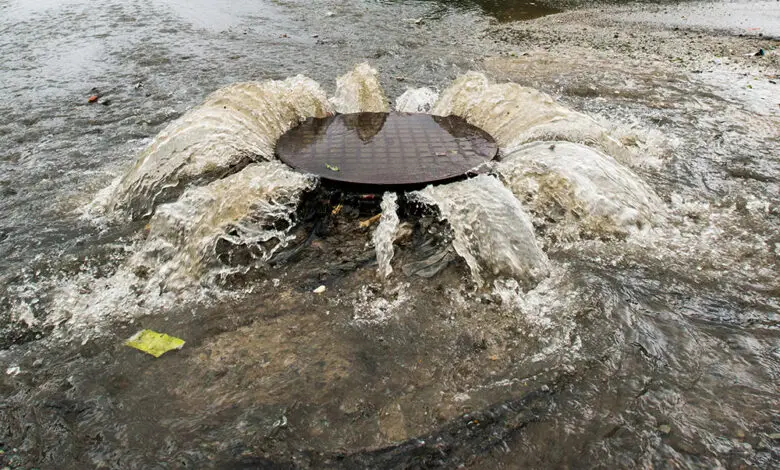
Sewage overflows are a serious issue that can lead to costly repairs and hazardous conditions. Not only can sewage overflows damage property, but they also lead to health risks from bacteria, mold, and viruses.
It is important to take preventative steps to avoid sewage overflows and protect the environment, property, and health of those nearby. Fortunately, there are a variety of ways to prevent sewage overflows. This article will outline some of the most effective ways to prevent them.
1. Clean and inspect septic tanks regularly
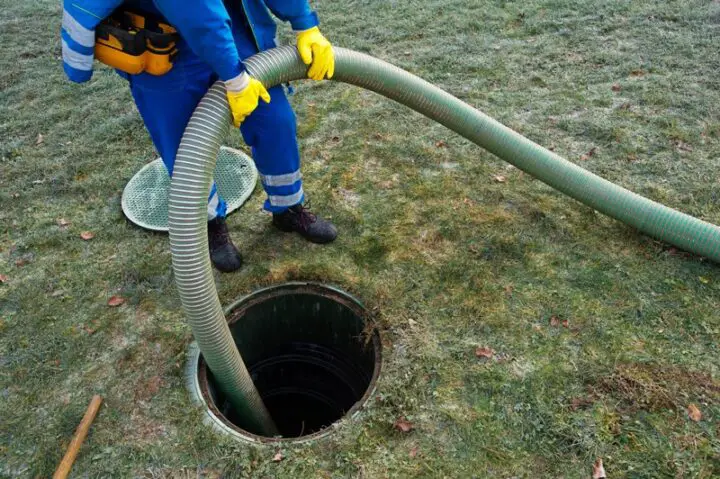
Regularly cleaning and inspecting septic tanks is one of the best ways to prevent sewer backups. Septic tanks should be inspected at least once a year and cleaned out every three to five years. During the inspection, a professional should check for any clogs, leaks, or blockages in the tank.
If any of these issues are found, they should be addressed immediately to avoid a sewage overflow. Additionally, the septic system should be kept in good working order by regularly maintaining the pipes, leach field, and other system parts.
2. Upgrade the plumbing system
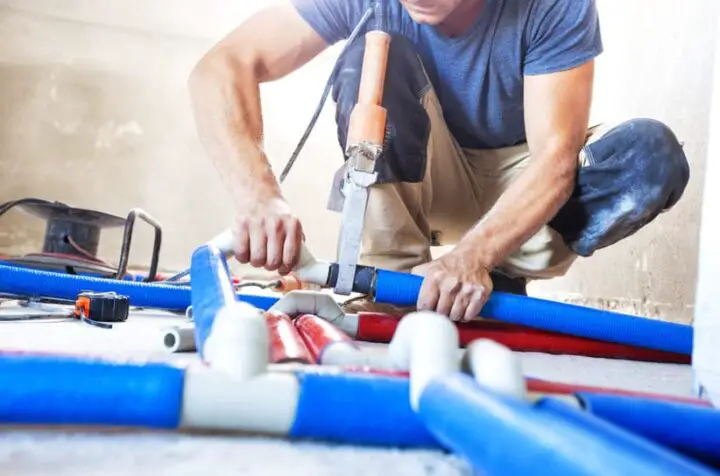
A plumbing system upgrade is another excellent way to prevent sewage overflows. Homes with older pipes, fixtures and water heaters are more likely to experience backups and overflows due to worn or corroded pipes and fittings.
Upgrading the system to modern materials and fixtures can prevent blockages, reduce the risk of leaks, and increase the efficiency of the water supply. Additionally, installing a water pressure regulator can help to avoid high-pressure buildups that can lead to overflows.
3. Use enzyme-based cleaners

Enzyme-based cleaners can be an effective solution for preventing sewage overflows. These cleaners contain natural enzymes that break down grease, soap scum, and other organic materials that can cause blockages in pipes.
Enzyme-based cleaners are safe for septic systems and can help keep them running smoothly. Additionally, they are non-toxic and don’t contain harsh chemicals that can harm the environment. These cleaners can be used regularly to help keep the pipes and septic tank clean and blockage-free.
It is important to choose a high-quality enzyme-based cleaner. Poor-quality products may need more enzymes to break down the materials that cause blockages effectively. Additionally, some products may contain harsh chemicals that can damage the pipes or septic system. For best results, look for a product labeled “septic safe,” specifically designed for use in septic tanks.
4. Replace old or damaged pipes
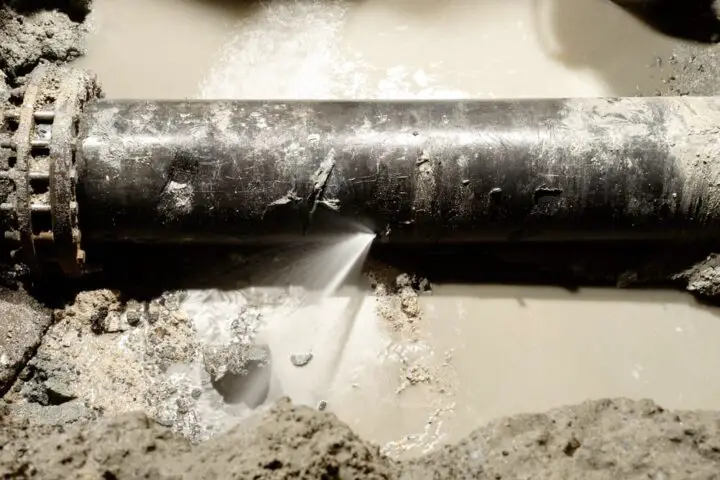
If the pipes in a home are old or damaged, they should be replaced to prevent leaks and backups. Pipes over 30 years old are likely to be worn and corroded, making them more prone to blockages, leaks, and overflows.
Additionally, some older pipes may be made of materials unsuitable for modern plumbing systems. Replacing these pipes with modern materials helps prevent blockages and keeps the system running smoothly.
When replacing old pipes, using materials approved for plumbing systems is important. PVC, PEX, and copper are all good options for modern plumbing systems. Additionally, it is important to choose pipes that are the correct size for the system.
The diameter of the pipe should be appropriate for the amount of water that flows through it, and the type of fittings should be compatible with the pipes.
It is also important to seal all connections to prevent leaks. Pipes should be connected using approved fittings, and the connections should be sealed using a pipe joint compound. Additionally, the pipes should be properly insulated to prevent freezing in cold climates. Taking the time to install new pipes properly helps prevent sewage overflows and ensures that the system runs smoothly.
5. Install a grease trap
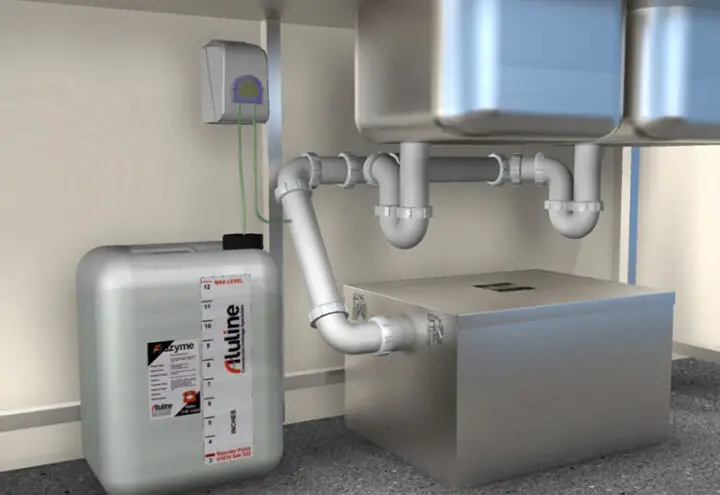
A grease trap is a device that is installed in the plumbing system to prevent grease, oils, and fats from clogging the pipes. Grease traps are especially important for homes with garbage disposals, as the fat and grease from food waste can easily build up in the pipes and cause blockages.
Grease traps are available in various sizes, and it is important to choose a size appropriate for the amount of fat and grease flowing through the system. Installing a grease trap can help prevent blockages and sewage overflows.
6. Avoid flushing foreign objects
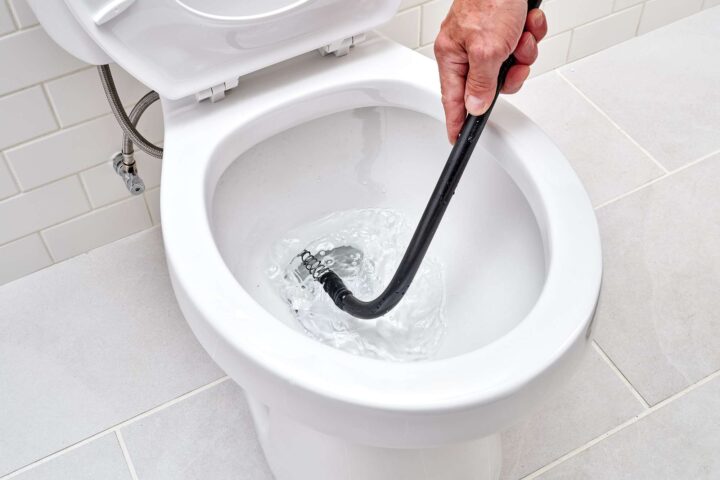
One of the most common causes of sewage overflows is flushing foreign objects down the toilet or drains. Foreign objects such as wipes, diapers, paper towels, and feminine hygiene products can easily cause blockages in pipes. Additionally, flushing objects such as toys, jewelry, or other small items can cause clogs or sewer backups. It is important to avoid flushing objects not meant to be disposed of in the toilet or drains.
If a foreign object becomes lodged in a pipe, it is important to address the issue immediately. Professional plumbing services can be used to remove the object and clear the blockage. Additionally, a plumber can inspect the pipes to ensure no other blockages or leaks in the system.
Educating children about what can and cannot be flushed down the toilet is also important. Teaching them the importance of not flushing foreign objects can help prevent future blockages and overflows.
7. Use drain screens
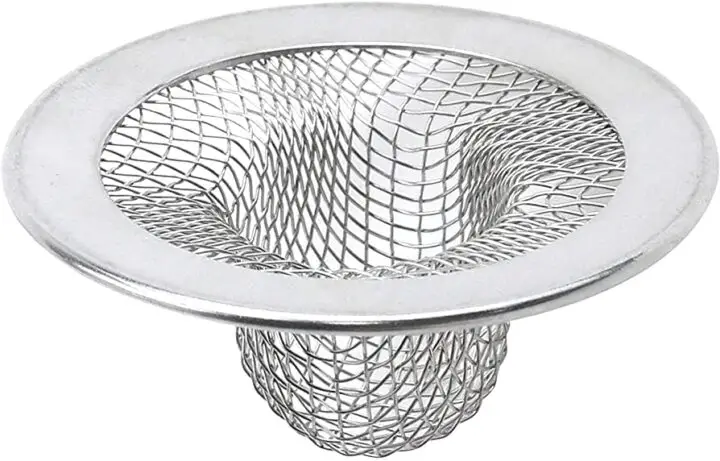
Drain screens can be an effective way to prevent sewage overflows. These screens are designed to be installed over the drains to prevent foreign objects from entering the pipes.
The screens are available in various sizes and shapes, and choosing one that is appropriate for the sink or bathtub is important. Additionally, the screens should be checked periodically and cleaned to ensure they are debris-free.
8. Keep floor drains clear
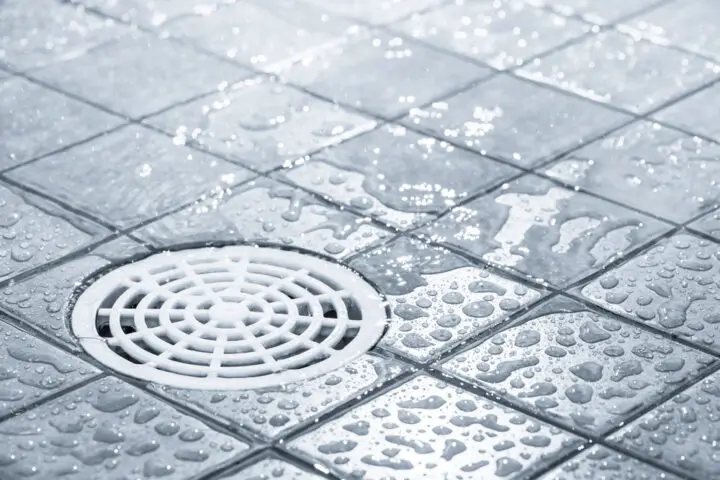
Floor drains can often become clogged with debris, leading to a sewage overflow. It is important to keep floor drains clear of debris to prevent blockages. This can be done by regularly vacuuming or sweeping the area around the drain. Additionally, it is important to check the drain periodically to ensure it is debris-free.
Conclusion
Sewage overflows can be costly and hazardous, but they can be prevented with the right steps. Cleaning and inspecting septic tanks regularly, upgrading the plumbing system, using enzyme-based cleaners, replacing old or damaged pipes, installing a grease trap, avoiding flushing foreign objects, using drain screens, and keeping floor drains clear are all effective ways to prevent sewage overflows. Taking these steps can help protect the environment, property, and health of those in the vicinity.
